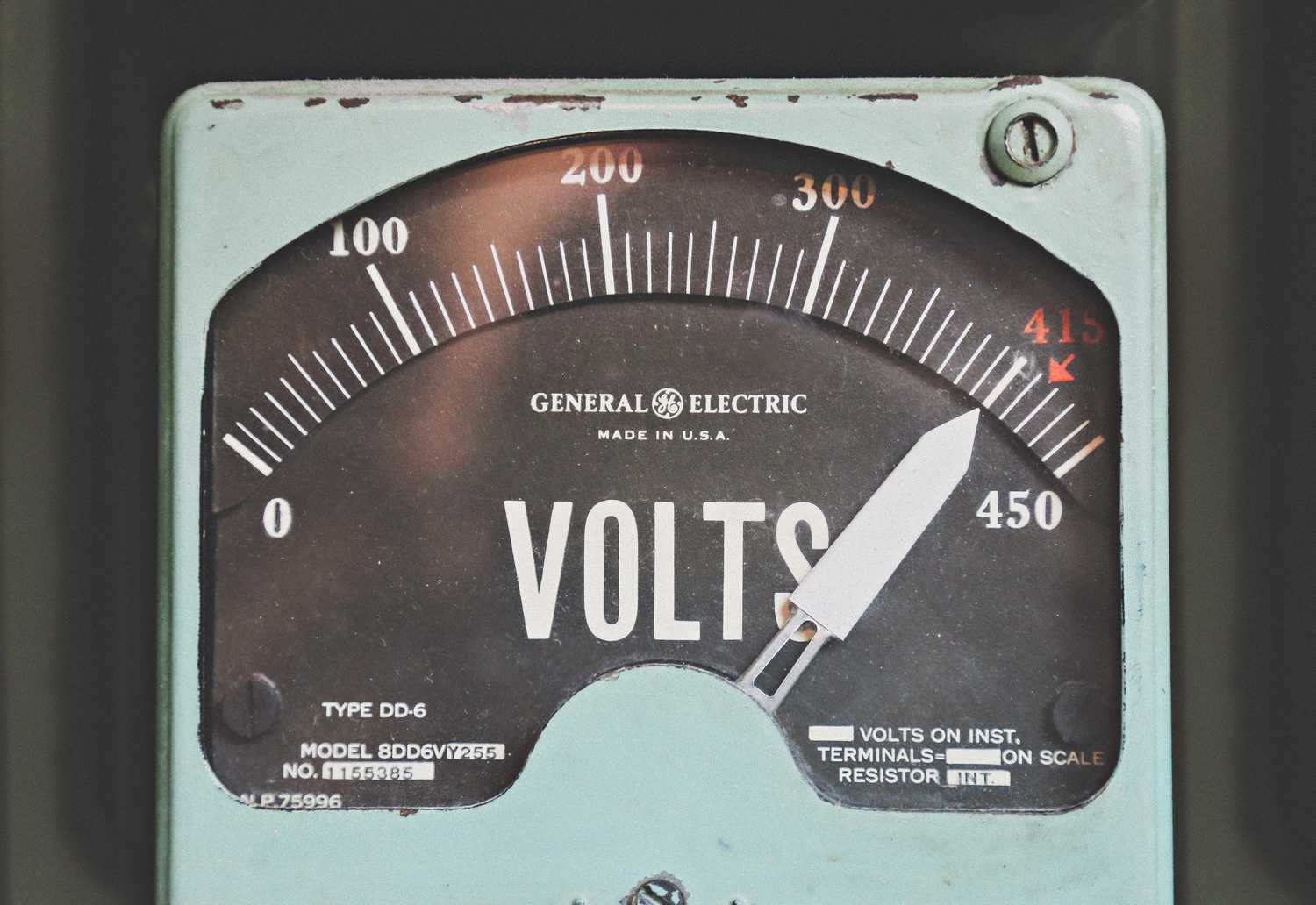In the struggle to save our planet from the destructive impact of climate change, there is a matter that appears, in my opinion, to be of essential importance, yet does not receive the attention it is due: addressing power dynamics in such a way that the powerful will be convinced to redistribute part of their power for the greater common good. Certainly not an easy endeavour, yet without it, transitioning to an environmentally friendly world will probably be a case of ‘too little, too late’.
To succeed, we need to rethink the dynamics between two poles: on the one hand, fierce critique voiced by activists, politicians, NGOs, academics, journalists, etc. about excessively powerful corporations and states limiting the potential for change, because their actions remain too much determined by parochial interests; and on the other hand, the powerful who by and large refrain from mentioning power, while at the same communicating that they are concerned about climate change. Instead, the two poles should more openly debate power, as otherwise inconvenient truths remain unspoken.
Notwithstanding that I support critics’ efforts to put issues on the agenda and maintain pressure, reaching their goals often seems to entail the toppling of the powerful. Whatever one’s position is on this matter, I consider this at the moment by and large a theoretical goal, as it would involve an almost complete overhaul of our societies, institutions, etc. Besides, it puts the powerful in a position of defence, as they interpret critique as a zero-sum game. The consequence is an impasse of opposing positions, instead of – as the journalist Rachel Donald puts it in a podcast debating responses to climate change – a search for ways to get the powerful onside (minute 47). As she – in my opinion, rightly – argues, when there is no possibility of completely getting rid of those in power, there is a need to convince them to give up some of their power. Without this, the impact of combating climate change will remain limited.
In the debate between Rachel and the scholar Robbie Watt, there are unfortunately no answers as to exactly how to convince the ones in power. Neither do I have a conclusive answer to this question. Yet two aspects appear important to include in the search:
Firstly, as Robbie stresses, a repoliticisation of many of the tensions involved, as in the end society is a constellation of different interests. Corporations, for instance, have a tendency to argue that we are all in the same boat, which depoliticises the impact of their business practices, political influence, etc. – as if there are no alternatives. Similarly, powerful states highlight their adherence to the Paris Agreement, yet subsequently act hypocritically due to (unspoken) concerns about their geopolitical power. Only from the – shared – realisation that power dynamics often push actors into defending their partial interests at the costs of the common good can we start exploring ways to reverse these dynamics.
Secondly, elites and corporate actors are not oblivious to the common good, yet for various reasons hardly ever seem to give up power and privileges (voluntarily). As I have learned from extensive research with them, this is not necessarily because they are power-hungry, but often relates to a sense of significance as well as to uncertainties regarding what a reconfiguration of the power balance could lead to. They may, for example, have professional concerns about the future of their businesses, whether their companies remain competitive, the possibility of increasing chances of hostile takeovers, employment conditions, and so forth. But individual concerns about the wellbeing of offspring, status, etc. also inform the positions of corporate actors and elites. To explore ways to redistribute power, honest exchanges about such dynamics (behind power) are required. Only by taking such concerns seriously and conveying the message that sharing power will not be the end of a joyful life might we convince the powerful.
When we fail to openly debate (a) the power dynamics involved, including ways to reorient the powerful towards applying their (remaining) power in a positive – common good oriented – sense, and (b) the (unconscious) concerns behind these dynamics, we will never succeed in turning the tide. Then, the broad range of corporate initiatives like the Net-Zero Banking Alliance, philanthropic endeavours such as Climate Arc, traditional dialogues that search for common ground (see comments on this post, especially from Raj Thamotheram), and so forth, remain just only good intentions, without ever having the impact necessary to promote real change. Saving the planet is more than, as many of the initiatives pretend, better integrating scientific evidence in financial decision making. Without constructively addressing power, a range of essential matters remain obscured: e.g. why particular scientific evidence is included/excluded; that linear growth, shareholder value, corporate concentration and global trade agreements limit the chances to respect planetary boundaries, and so forth. As a result, alternative forms of planning and design, as well as imaginative ways to genuinely reconsider one’s own purpose in the securing of a common future remain limited, while the chance to convince large parts of society to reduce their environmental footprint is also hampered.* People have little incentive to ‘move’, when they sense that the powerful can continue to put their individual interests above a common future. Without seriously debating power dynamics, then, the potential to escape our predicament is significantly reduced, which will eventually also come to haunt those clinging to power.
* Evidently, citizens in the Global North will increasingly face some uncomfortable truths, too. With their relative abundance and wealth compared to the poverty witnessed in much of the Global South, they cannot escape the need to adjust their lifestyles in order to save the planet. I believe that they are not completely oblivious to this urgency, though are for sure much more easily convinced to contribute their part when they have proof that the powerful also share some of the burden – through redistributing power!
